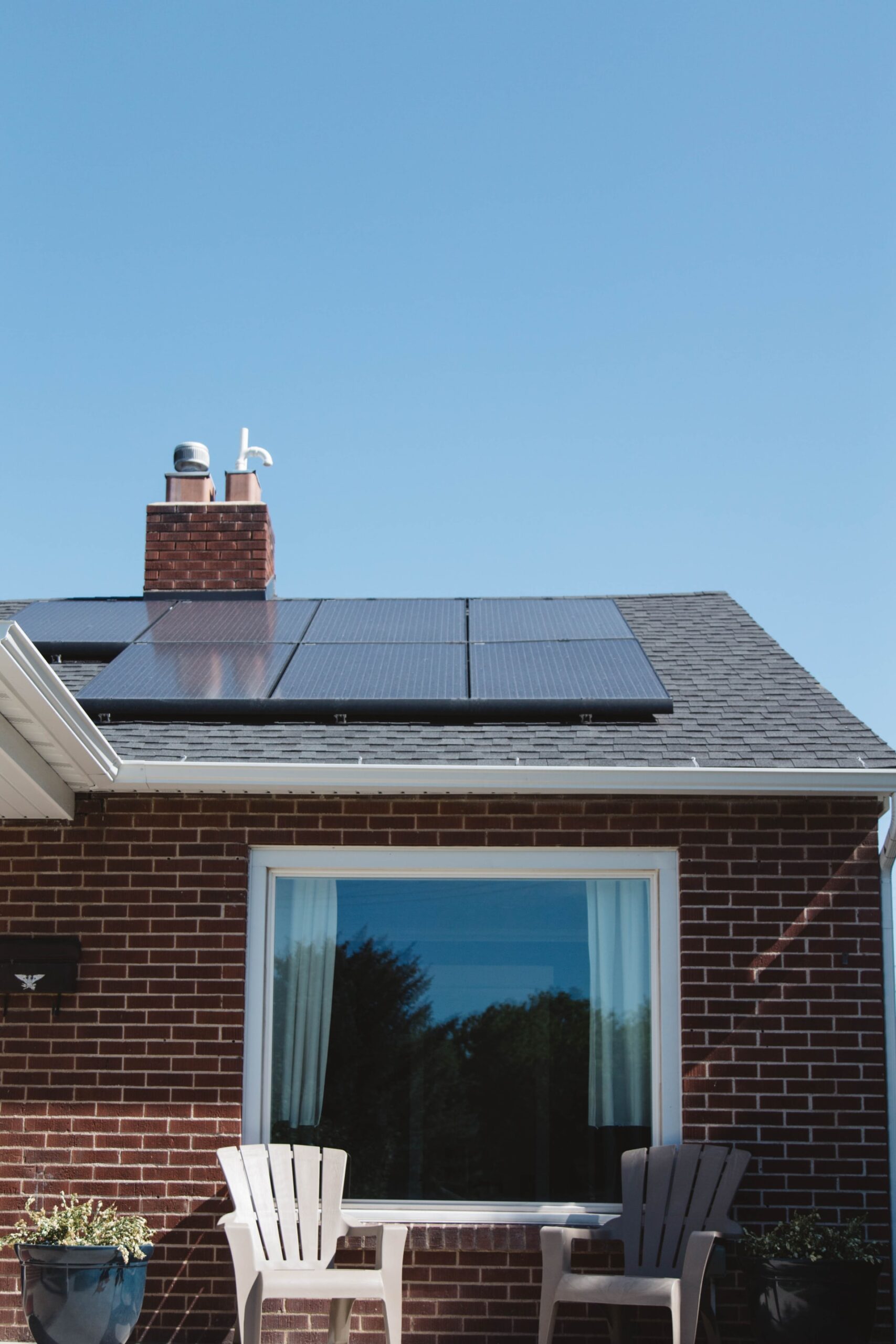

Did you know that solar water heating systems are one of the most cost-effective methods of reducing your monthly energy bill? If you’re still not convinced, then keep reading. This blog post will answer all of your questions about these systems and show you how they can make an excellent investment for any homeowner.
A solar hot water system is a device that uses the sun’s energy to provide your home with hot water. In most cases, they are installed on top of a roof or even in the backyard and include one or more panels made from either glass/acrylic materials. All you have to do is let them collect sunlight throughout the day, enabling them to heat your water later at night when people tend to use it more often (i.e., showering).
When compared against conventional heating systems such as gas and electric models, solar hot water systems offer many benefits, including lower installation costs, low maintenance requirements due to their durability, long-term savings thanks to federal tax credits and rebates offered by local governments and last but not least – no fuel
5 Things You Need to Know About Solar Hot Water Heating Systems

Solar energy is a lot cheaper today.
Unknown to many, solar energy is a whole lot cheaper today than it was in the 1970s. This is because of technological advancements that have allowed solar energy to become more efficient and affordable. According to the Solar Energy Industries Association (SEIA), “The cost of photovoltaic panels has declined by 60 per cent since 2010”. Solar hot water systems are much cheaper compared to other types of heaters.
One example is that a typical solar thermal system costs around $4000 on average, while an electric resistance tank system would cost about double ($8000) and a gas hot water heater ($5000).
Solar energy saves fuel.
According to the US Department of Energy, “If all residential customers in the United States used solar water heating instead of conventional means, they could save over 38 billion gallons of fuel per year”. It’s no wonder then why it has been estimated that if everyone installed a solar thermal system, we would reduce emissions equivalent to planting over 250 million trees every year.
Governments support solar energy uses
Not only do you save money by using solar water heaters, but now there are government rebates to help homeowners install them in their homes! Check out your local area for any available incentives that can be used to install a solar hot water system. The future is bright with these cost-saving eco-friendly technologies, so it’s time to consider getting one for yourself and start saving on energy costs today.
Heating systems are efficient.
Solar power is perfect for hot water systems installed in homes. These systems work by using solar energy to heat water and then distribute it throughout the house. The use of these hot water systems has been around for centuries, but only in recent years have they become popular due to their eco-friendly nature and the cost savings offered. Solar hot water services are booming in Australia as many homeowners are shifting to solar use.
Solar heating systems are quick to install
Solar water heaters are easy to install and do not require any maintenance. Installing these systems is also very cost-effective as they use the sun’s energy, which is limitless since it will always be available during the day. Additionally, solar panels for hot water services absorb sunlight easily without requiring much space on your roof. It makes them perfect even if you live in a small apartment building with a limited roof area. Aside from this, solar energy systems are easy to install in times of disaster. In places ravaged by hurricanes, solar panels can be easily set in place to provide emergency power.

In conclusion, solar energy is an efficient and unlimited source of energy. It is also cost-effective and easy to install. If homeowners started to shift to solar use, we could save money and fuel and positively impact the environment.


